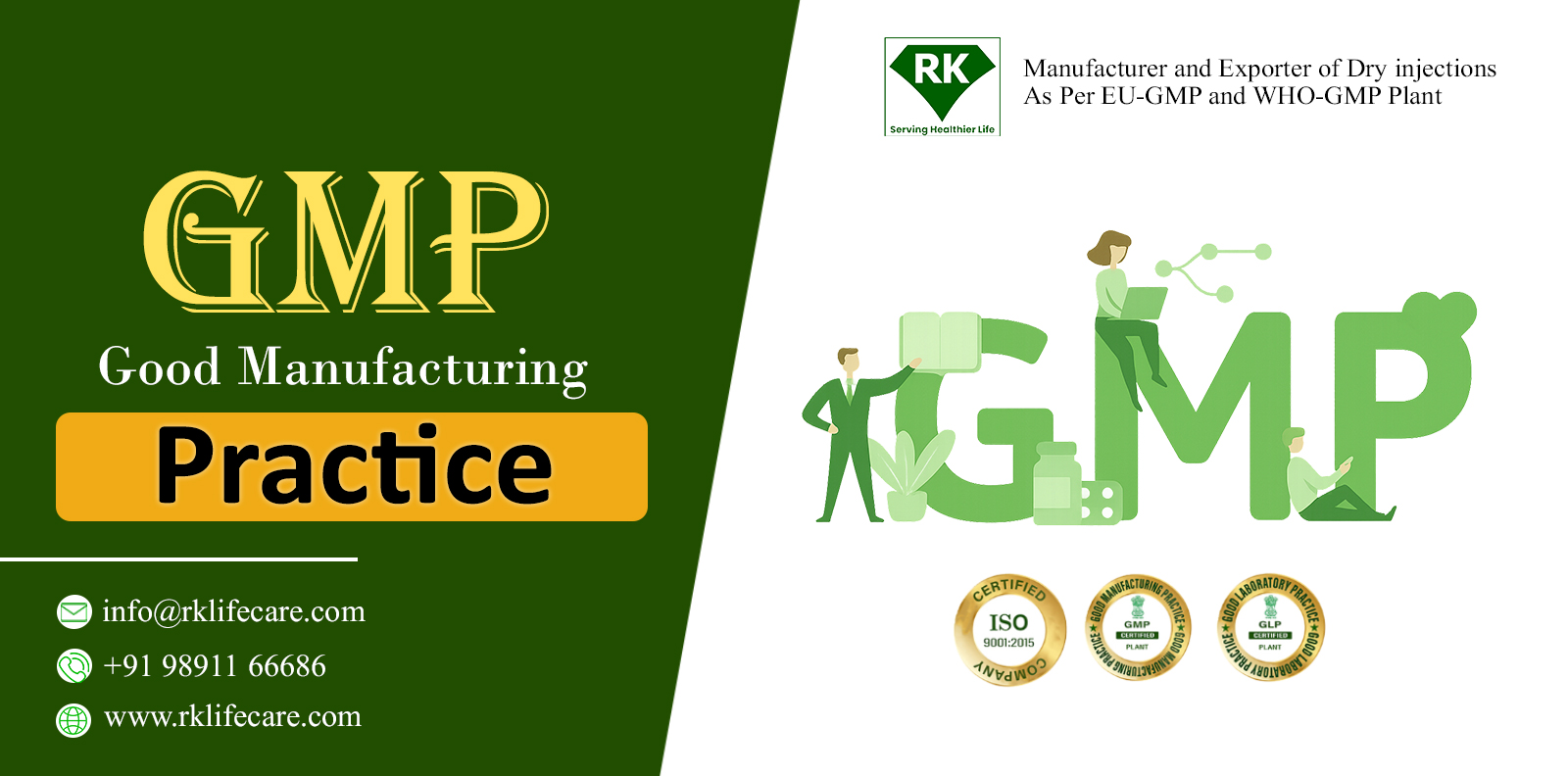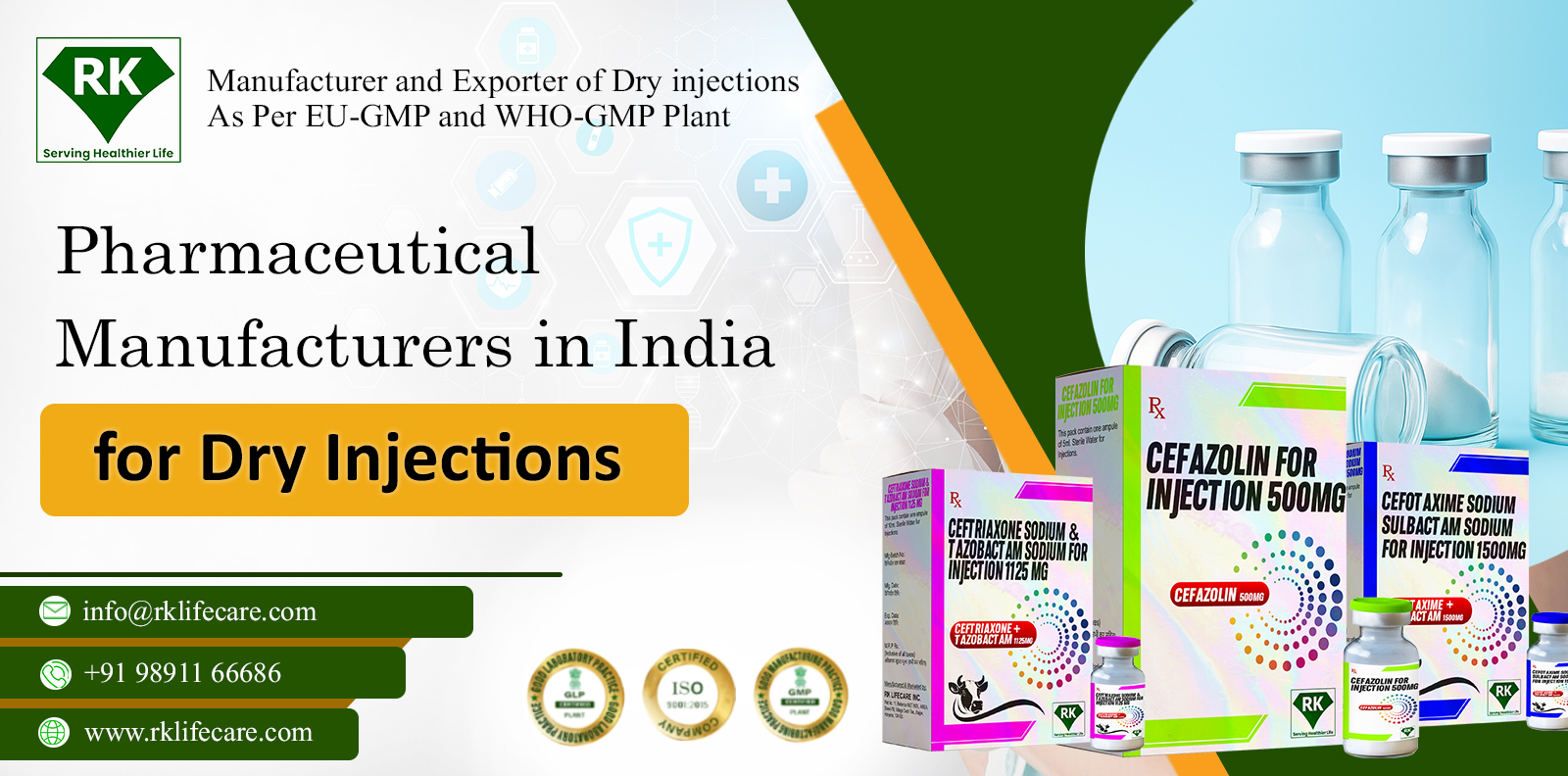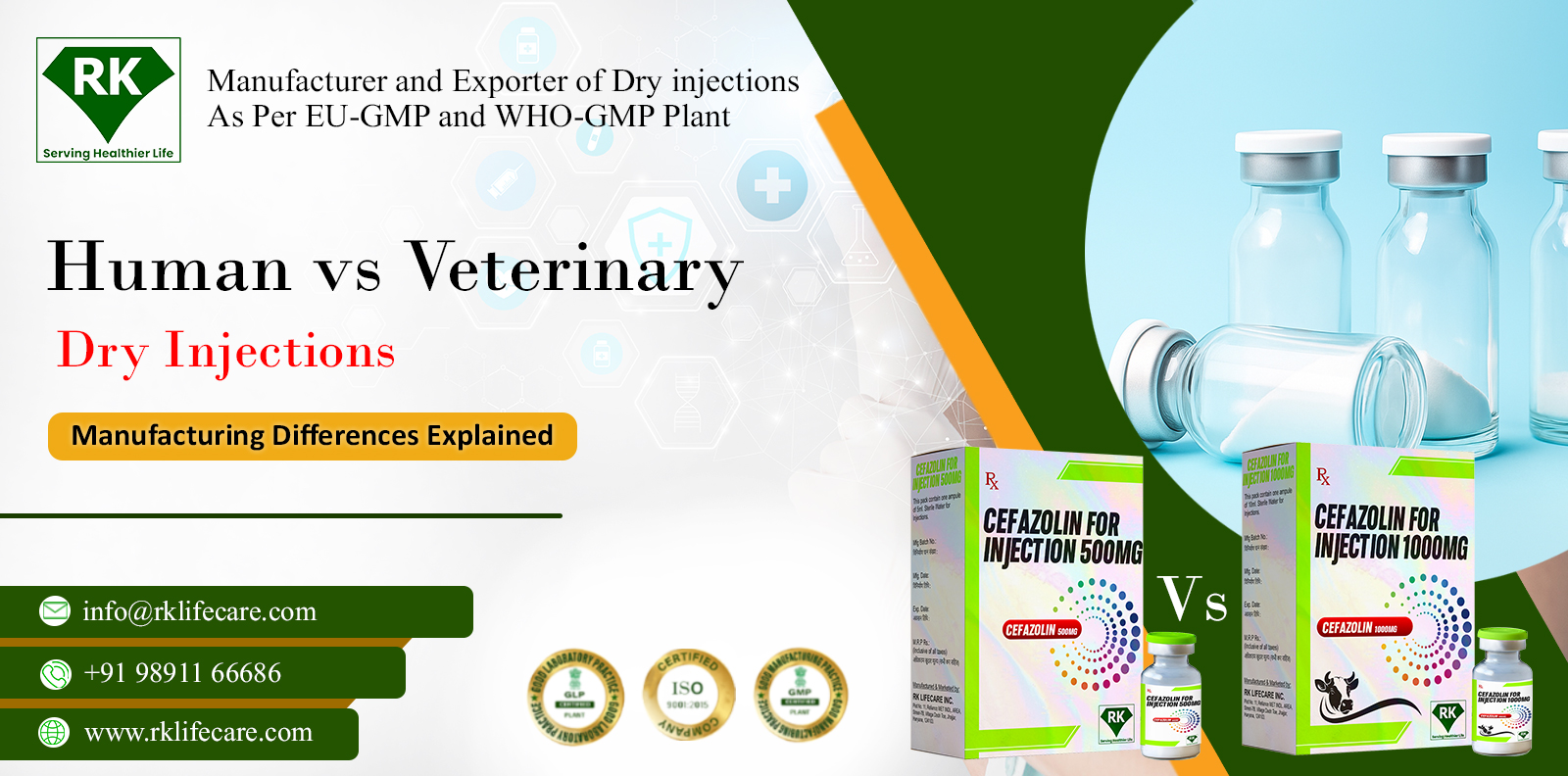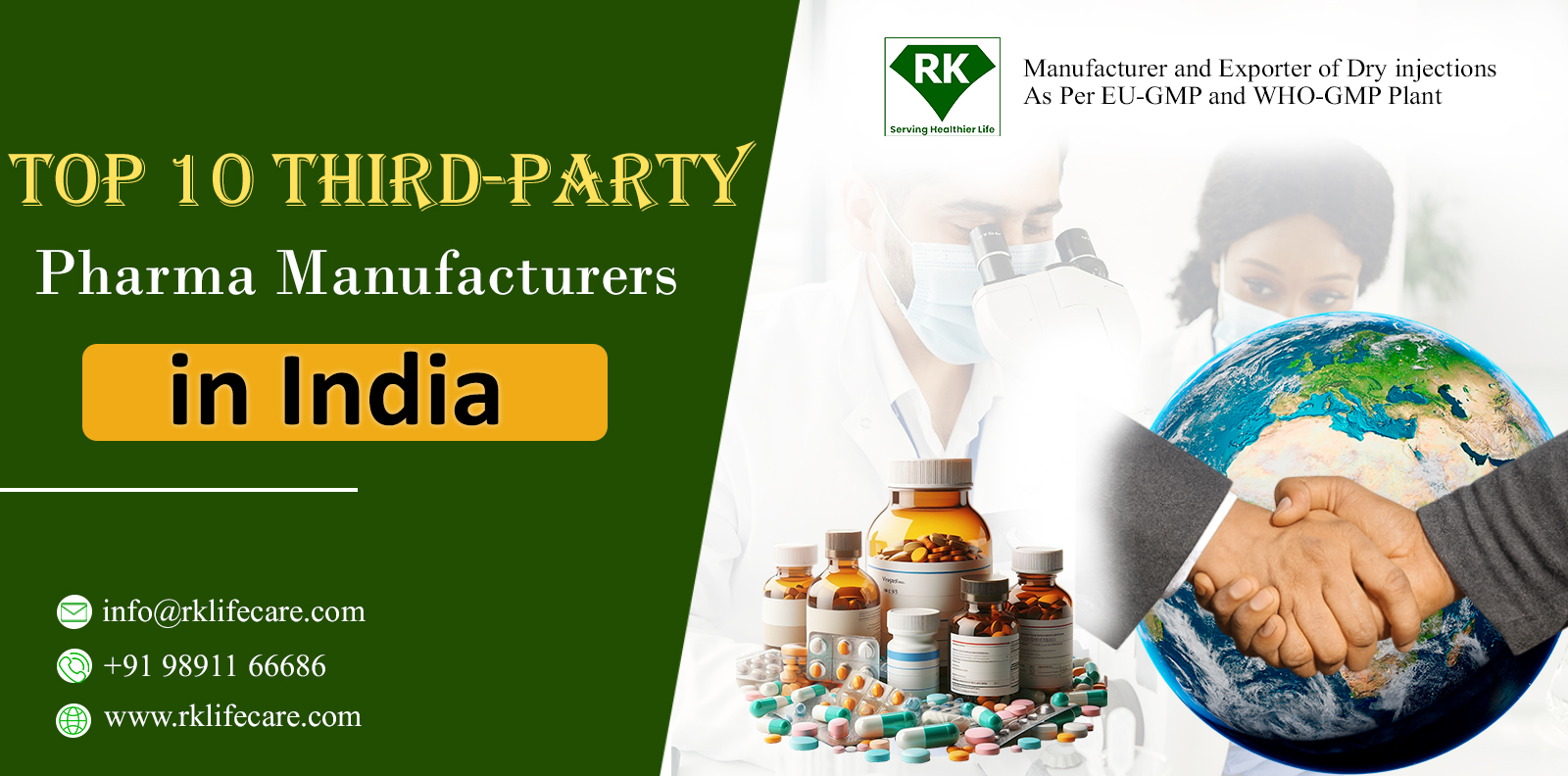
The pharmaceutical industry in Delhi has undergone a significant transformation in recent years, driven by various factors such as technological advancements, changing consumer preferences, and evolving regulatory landscapes. This transformation has not only reshaped the way pharmaceutical companies In Delhi operate but has also impacted healthcare delivery and patient outcomes in the region.
1. Technological Advancements
Technological innovations have played a pivotal role in reshaping the pharma industry in Delhi. From digitalization of healthcare services to the adoption of big data analytics and artificial intelligence, companies are leveraging cutting-edge technologies to enhance drug discovery, streamline manufacturing processes, and improve patient care.
2. Shift towards Personalized Medicine
One of the most notable trends in the pharmaceutical sector is the shift towards personalized medicine. With advancements in genomics and molecular diagnostics, healthcare providers in Delhi are now able to tailor treatments to individual patients based on their genetic makeup, lifestyle factors, and medical history. This personalized approach not only improves treatment efficacy but also reduces the risk of adverse reactions.
3. Regulatory Changes
The regulatory landscape governing the pharmaceutical industry in Delhi has also undergone significant changes in recent years. Stricter regulations aimed at ensuring drug safety and efficacy have been implemented, requiring companies to adhere to higher standards of quality and compliance. While these regulations pose challenges for industry players, they also create opportunities for innovation and differentiation.
4. Rising Healthcare Awareness
Increased healthcare awareness among consumers in Delhi has fueled demand for preventive and curative healthcare solutions. Patients are now more informed and proactive about their health, leading to greater demand for pharmaceutical products and services. This trend has prompted pharmaceutical companies to focus on health education and disease management initiatives to meet the evolving needs of the market.
5. Collaboration and Partnerships
In response to the changing dynamics of the pharma industry, companies in Delhi are increasingly embracing collaboration and partnerships. By joining forces with other industry players, academic institutions, and research organizations, companies can pool resources, share expertise, and accelerate innovation. Collaborative efforts are particularly crucial in areas such as drug discovery, clinical trials, and market access.
6. Emerging Market Opportunities
Despite the challenges posed by regulatory reforms and market dynamics, the pharmaceutical industry in Delhi NCR continues to present significant growth opportunities. Rapid urbanization, expanding middle-class population, and increasing healthcare expenditure are driving demand for pharmaceutical products and services. Moreover, initiatives such as Make in India are encouraging domestic manufacturing and attracting foreign investment in the sector.
Conclusion
The transformation of the pharma industry in Delhi is a multifaceted process driven by technological advancements, regulatory changes, and shifting consumer preferences. As companies adapt to these changes, they must embrace innovation, collaboration, and patient-centricity to thrive in an increasingly competitive landscape. By staying abreast of market trends and leveraging opportunities for growth, the pharmaceutical sector in Delhi can continue to drive positive health outcomes and contribute to the overall well-being of the population.
Frequently Asked Questions

22 Nov 2025

22 Nov 2025

19 Nov 2025

17 Nov 2025

17 Nov 2025